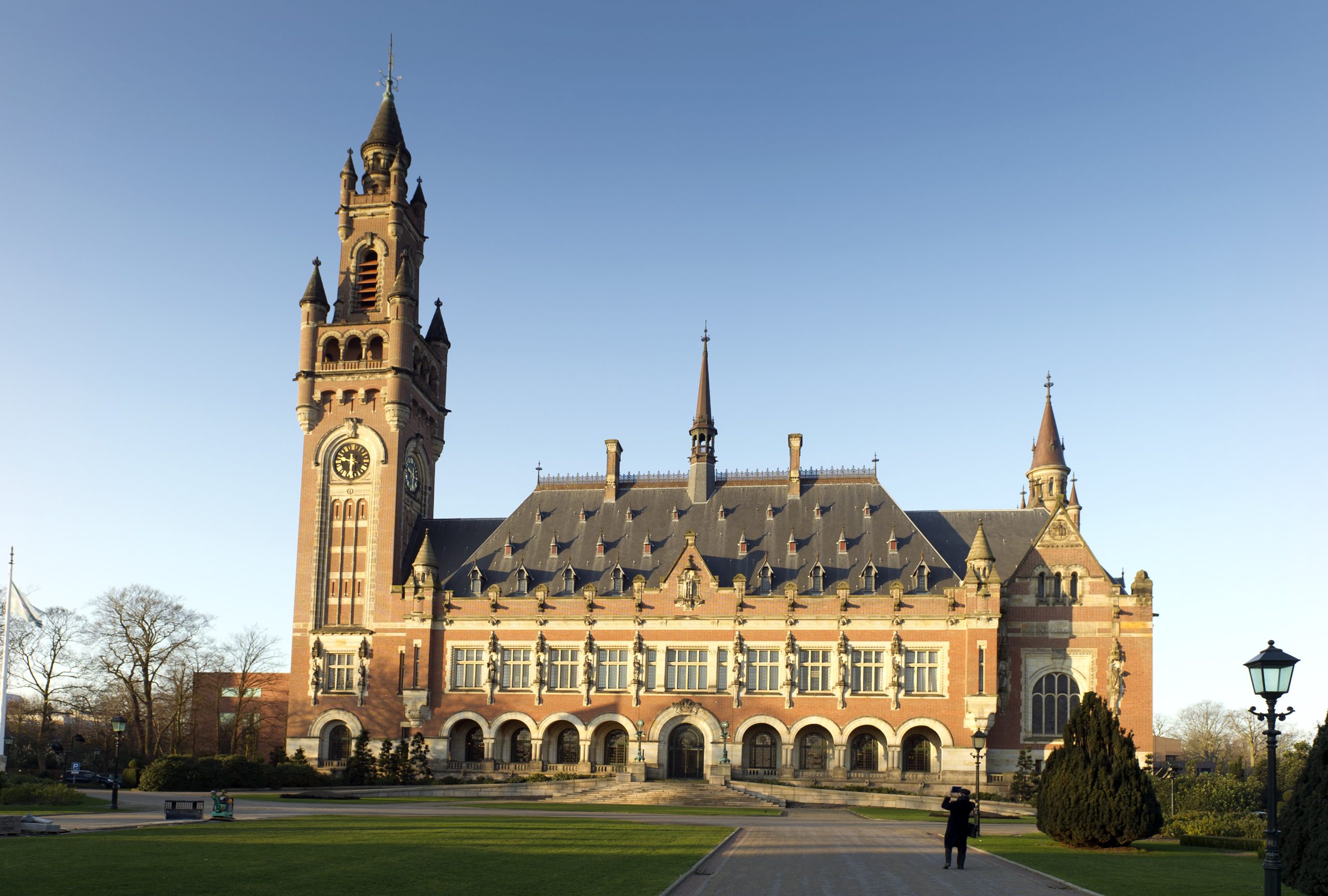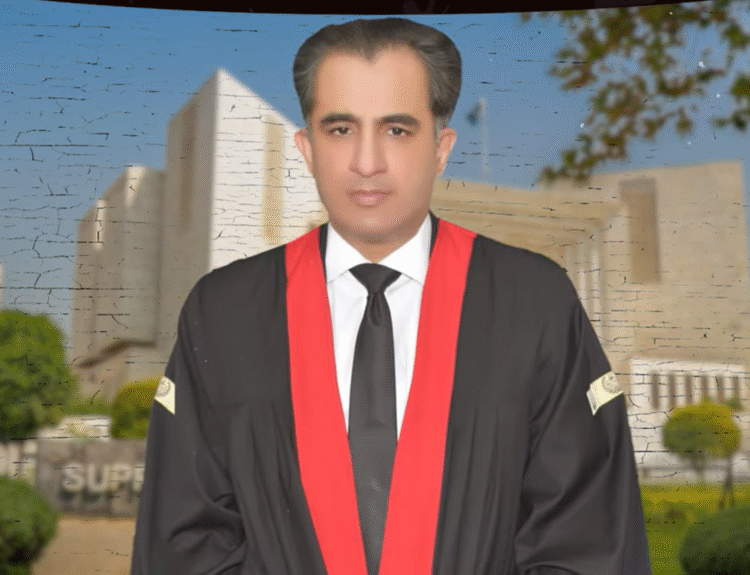Khudayar Mohla-
While commenting over Kulbhushan Jadhav case fate in the International Court of Justice (ICJ) which is set to pronounce verdict in the matter on July 17, prominent international law expert and former federal law minister Ahmer Bilal Soofi expressed Jadhav matter should not be taken as a case but an episode of intervention in internal matters of neighboring States.
Talking to The Law Today Pakistan on Friday Ahmer Bilal Soofi said, “it is time to realize that Kulbhushan Jadhav matter should not be taken as a case but a larger episode of intervention in internal matter of neighboring States, and that is how it should be viewed, assessed and projected.
Kulbhushan Jadhav, a serving commander in Indian Navy working for India’s Research and Analysis Wing (RAW), was arrested on March 3, 2016, from Balochistan, subsequently military court conducted his trial under charges of espionage and sabotaging peace in Balochistan and Karachi. On April, 2017, Army chief General Qamar Javed Bajwa endorsed Jadhav death penalty.
History of the proceedings before ICJ:
History of the proceedings before the ICJ in the matter revealed that on May 8, 2017, India instituted proceedings against Pakistan, alleging that Pakistan had violated the Vienna Convention on Consular Relations in the matter of the detention and trial of Jadhav, sentenced to death by a military Court in Pakistan. Resultantly, the ICJ stayed execution till final adjudication of the matter.
During last hearing of the Jadhav case’ four-day public hearing, commenced from February 21 this year before the ICJ at The Hague, Netherlands, India urged the Court to declare capital punishment, awarded to Jadhav as violation of the international law and the provisions of the Vienna Convention.
India sought Court directives to annul the decision of the Military Court and restrain Pakistan from giving effect to the sentence or conviction in any manner besides releasing Jadhav and giving facilitation of the accused safe passage to India.
India requested the Court, “In the alternative, and if this Court were to find that Jadhav is not to be released, then annul the decision of the Military Court and restrain Pakistan from giving effect to the sentence awarded by the Military Court, or in the further alternative direct it to take steps to annul the decision of the military Court, as may be available to it under the laws in force in Pakistan, and in either event direct a trial under the ordinary law before civilian Courts, after excluding his confession that was recorded without affording consular access, and in strict conformity with the provisions of the International Covenant on Civil and Political Rights (ICCPR), with full consular access and with a right to India to arrange for his legal representation.”
However, Pakistan requested the Court, for the reasons set out in Pakistan’s written pleadings and in its oral submissions made in the course of these hearings, to declare India’s claim inadmissible. Further or in the alternative, the Islamic Republic of Pakistan respectfully requested the Court to dismiss India’s claim in its entirety.




